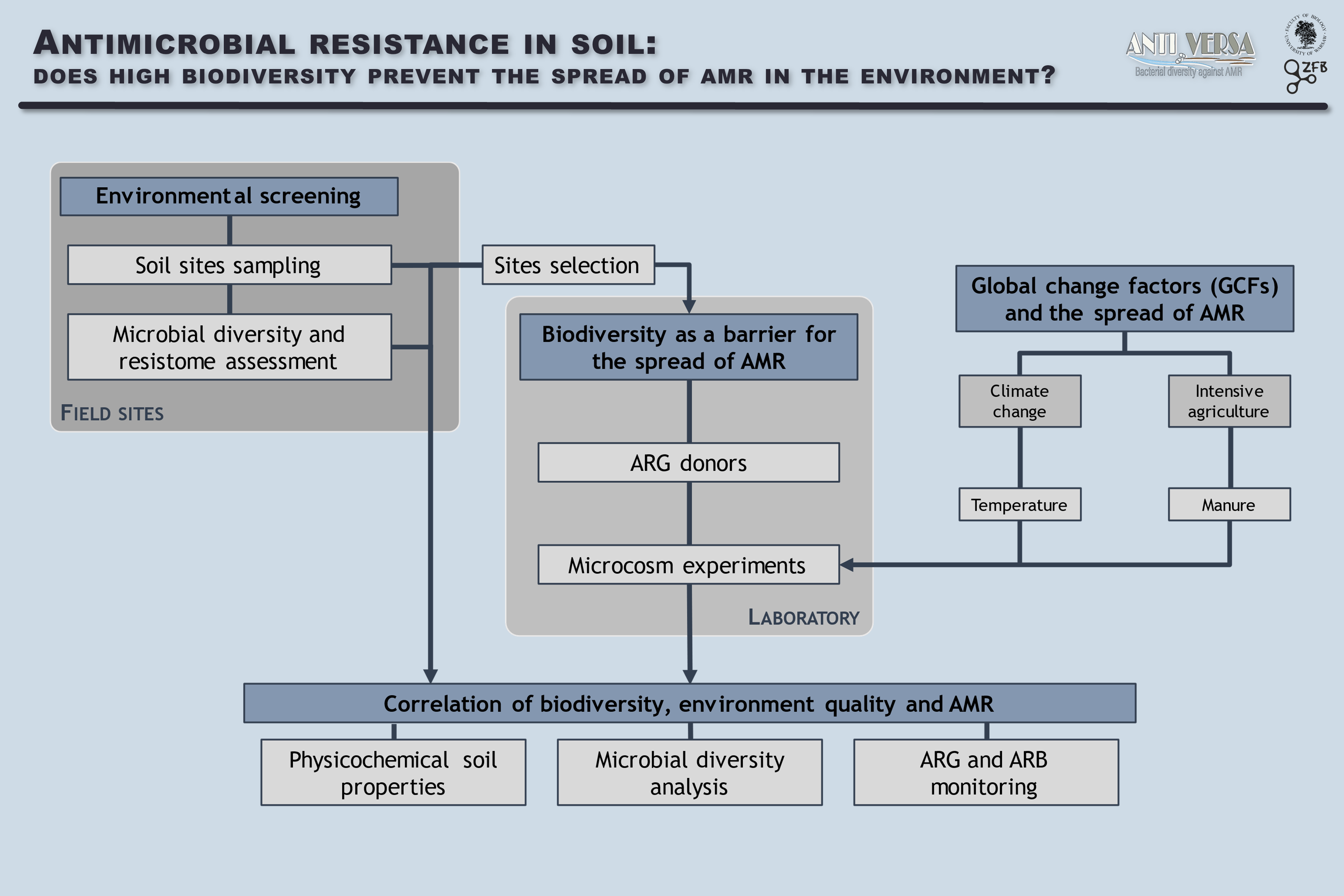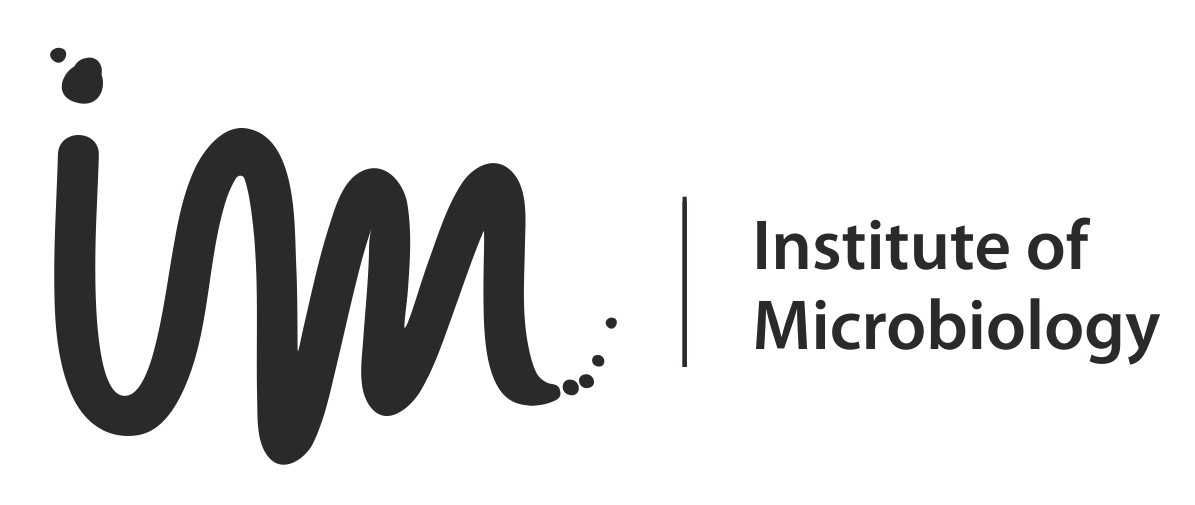Biodiversity – barrier for the antibiotic resistance?

14 05 2024
Category: IM Seminar
We would like to invite you to the institute seminar: on Monday 20th of May at 2 pm in 102B room, MSc Mateusz Szadziul from the Department of Bacterial Physiology will present a seminar entitled „Biodiversity as an ecological barrier for the spread of antibiotic resistance in soil”.
Abstract:
Antimicrobial resistance (AMR) is one of the largest threats to global health. AMR is spreading through environment and requires novel approaches to be tackled with. Environmental dissemination routes, including soils and fresh waters, are considered to be important for AMR proliferation, but current knowledge gaps on this field are complicating AMR prevention. Antibiotic resistant bacteria (ARB) and antibiotic resistance genes (ARG) carried by them pose a threat to human and animal health. It is proposed that high biodiversity in natural habitats may act as an ecological barrier to the spread of ARB and ARGs from anthropogenic contamination sources. My PhD research, conducted as a part of international project financed by the NCN entitled “ANTIVERSA – Biodiversity as an ecological barrier for the spread of clinically relevant antibiotic resistance in the environment”, includes evaluation on the microbiome and resistome of forest and arable soil, and testing the impact of environment contamination with ARB and ARGs on biodiversity and AMR dissemination. Performed studies suggest that the spread of ARB can be hindered by a highly diverse microbial community. Obtained results will aid the development of measures to mitigate AMR spread in natural habitats for the protection of global health.
